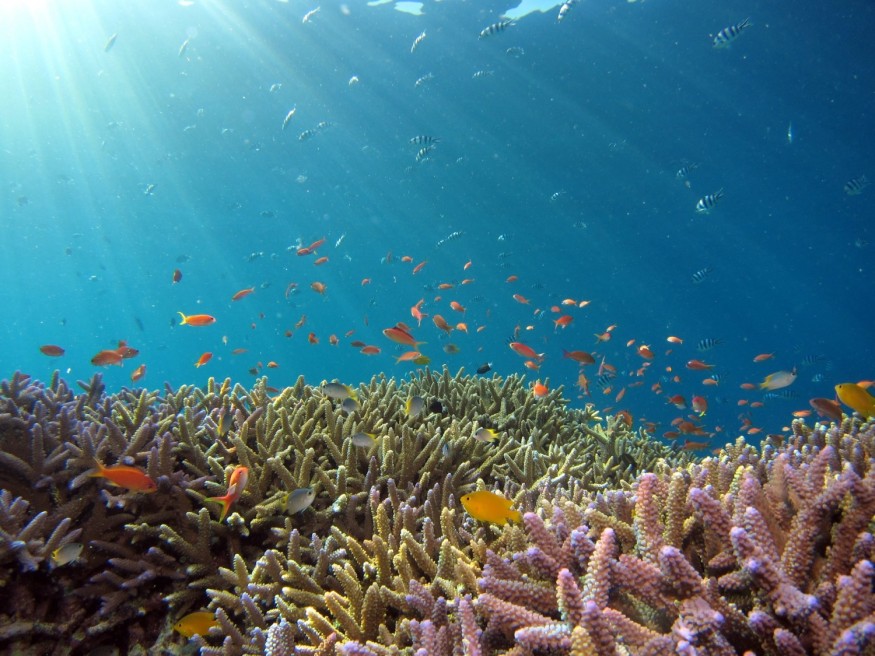The world's coral reefs are in great danger, and we are the only ones who can preserve them. According to a recent opinion article written on behalf of hundreds of coral reef specialists, the next decade will be our last chance to act. If global warming is limited to 1.5 degrees Celsius, up to 30% of the world's coral reefs may survive until the end of the century. If we do not, we might only have 1 or 2 percent remaining.
"It has to happen this decade, or we won't make that target." says earth scientist Andréa Grottoli from Ohio State University.
CO2 Emissions Explained

Carbon dioxide (CO2) is a colorless, odorless, and non-poisonous gas produced by the burning of carbon and the respiration of living beings. It is classified as a greenhouse gas. The release of greenhouse gases and/or their precursors into the atmosphere over a specific area and time period is referred to as emissions.
Emission is the production and discharge of something, especially gas or radiation. They are emitted because of the combustion of fossil fuels and the production of cement; they include carbon dioxide created during the use of solid, liquid, and gas fuels, as well as gas flaring. They contribute to respiratory illness due to smog and air pollution, and they promote climate change by trapping heat.
Carbon dioxide emissions leads to climate change, which has severe implications for humans and the environment. By trapping solar energy in the atmosphere, carbon emissions boost global temperatures. This affects water supplies and weather patterns, shifts the growing season for food crops, and poses a threat to coastal populations due to rising sea levels. As a result of the typical weather patterns, some species will become extinct, while others may relocate or grow.
The three pillars in protecting and preserving the coral reefs
Coral reefs offer a critical habitat for life underwater, protect coastal regions by lowering the strength of waves hitting the coast, and provide a vital source of income for millions of people. on a single reef, tens of thousands of species can be found. The Great Barrier Reef is home to 400 coral species, 1,500 fish species, 4,000 mollusk species, and six of the world's seven sea turtle species.
The first phase
Global emissions (CO2 Emissions) must be reduced as quickly as possible if we are to avoid additional global warming.
The second phase
We should stop human pollution, ocean acidification, and overfishing are all pose serious threats to coral reefs. If we do not address these concerns while also controlling global warming, it is uncertain if these ecosystems will thrive.
The third phase
To conserve the remaining coral reefs, the nations throughout the world will need to coordinate policies surrounding environmental adaptation, management, and conservation.
It is not too late to rescue Earth's reefs, but time is running short. According to experts, our window of opportunity will have closed by 2050.
© 2025 NatureWorldNews.com All rights reserved. Do not reproduce without permission.





